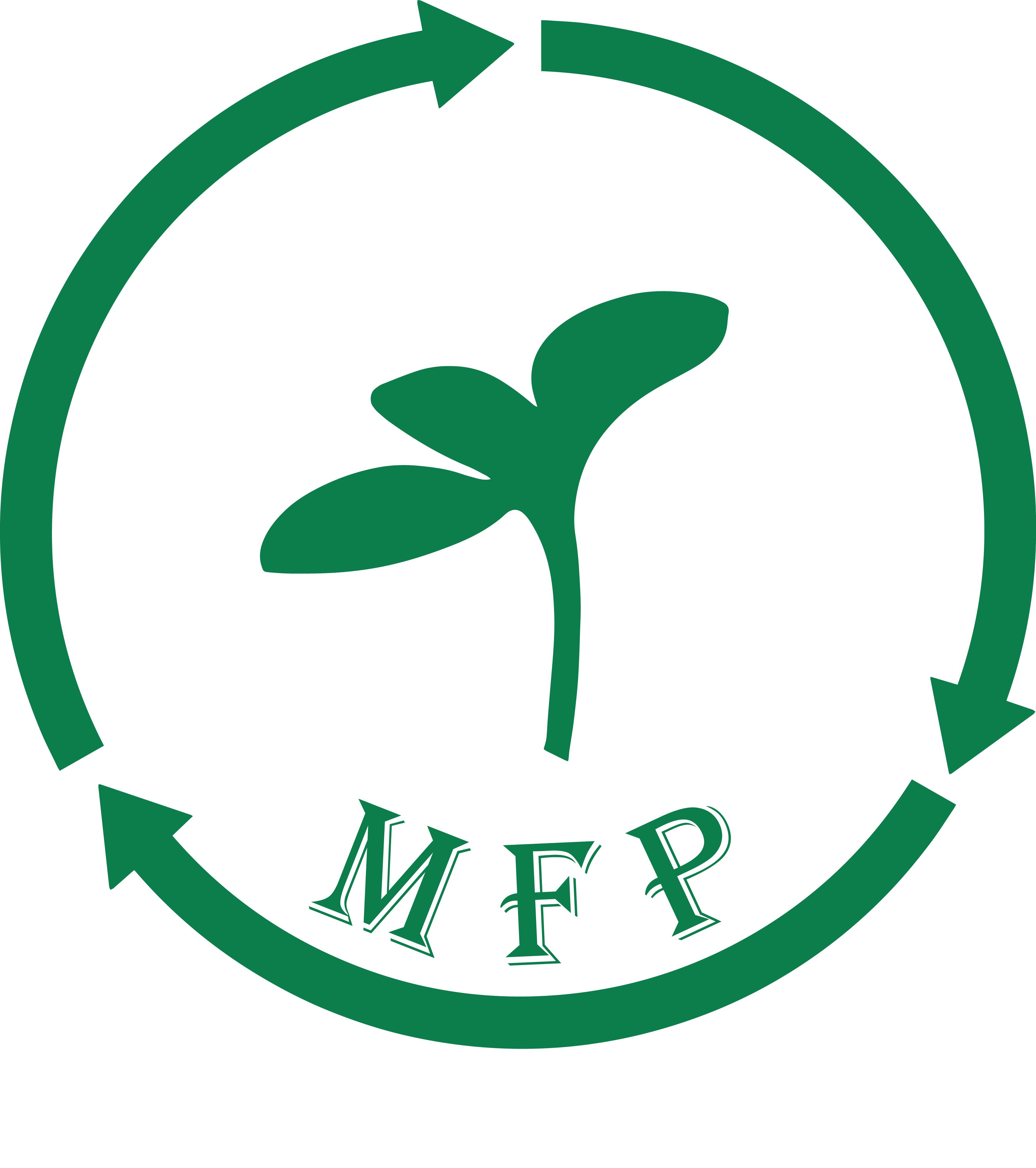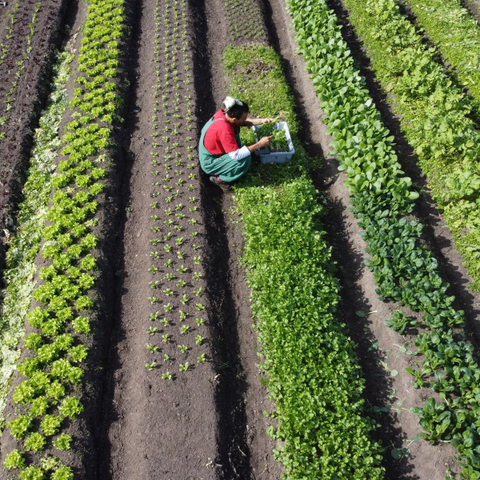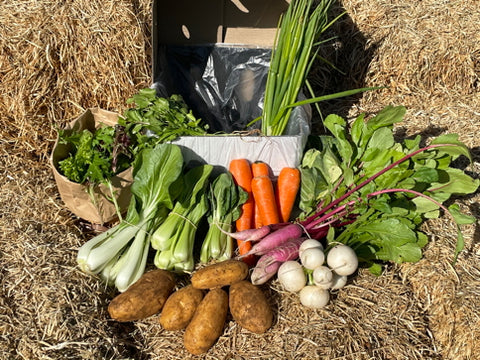Growing Farms, Feeding Futures
Uniting communities to create sustainable solutions for food security.
Overview
The Mini Farm Project is a Queensland-based charity dedicated to tackling food insecurity by establishing a network of charity farms. These farms, spanning from Coolangatta to Cairns, grow fresh, nutrient-dense food—including fruits, vegetables, herbs, eggs, fish, and bush
foods—which is donated to charities for free distribution. This initiative directly supports vulnerable communities by ensuring year-round access to high-quality, nutritious food.
Food insecurity is a pressing issue in Australia, affecting over 3.4 million households—a staggering 70% increase since 2022. With 2,000,000 of those experience severe food insecurity.
Charities like Foodbank and OzHarvest are overwhelmed by the demand, with over 670 organisations in Queensland on waiting lists for food assistance for OzHarvest in 2024.
The Mini Farm Project provides a sustainable, community-driven solution by producing food locally and distributing it efficiently to those who need it most.
Through partnerships with governments, businesses, and educational institutions, we are ensuring long-term sustainability via sponsorships, commercial ventures, and fundraising initiatives.
By integrating regenerative farming practices, educational programs, and employment opportunities, The Mini Farm Project aims to build a resilient food system that can be expanded statewide and beyond.
Together, we can turn the tide on food insecurity and create a lasting impact on our communities.
Social Outcomes by Objective
Outcomes:
- Increased food production capacity through improved infrastructure and farm management.
- Stronger partnerships with food relief organisations, ensuring consistent supply.
- Greater community engagement in urban and rural agriculture.
Outcomes:
- Establishment of new farm sites through strategic partnerships and funding initiatives.
- Enhanced farm infrastructure, incorporating innovative and sustainable farming techniques.
- Increased collaboration with stakeholders to ensure long-term viability.
Outcomes:
- Development of training programs in partnership with schools, universities, and community groups.
- Increased youth participation in sustainable agriculture.
- Stronger workforce development in the food production sector.
Outcomes:
- Job creation in farm management, logistics, and food processing.
- Workforce training programs to up skill local communities.
- Increased employment opportunities for disadvantaged groups.
Outcomes:
- Reduced carbon emissions and improved soil quality.
- Enhanced resilience against climate impacts.
- Sustainable farming practices with minimal environmental
disturbance
Outcomes:
- Enhanced local resilience with immediate access to food during crises.
- Increased security and readiness for communities in high- risk areas.
- A well-supported network ensuring food availability during emergencies.
Outcomes:
- Increased financial self-sufficiency and farm expansion capacity.
- Strengthened community connection and awareness of local food systems.
- Enhanced partnerships supporting sustainable agriculture.
Outcomes:
- Enriched farm education programs, preserving traditional knowledge and promoting sustainable land stewardship.
- Strengthened relationships with First Nations communities, fostering cultural exchange and mutual
learning. - Increased employment opportunities and skill-building for First Nations Peoples, fostering community resilience and economic inclusion.
- Enhanced farm leadership diversity, bringing a variety of perspectives to operational practices and decision-
making.
- Environment, Social, and Governance (ESG) Goals
- UN Sustainable Development Goals (SDGs): Targets 2.3, 2.4, 2.5, 4.4, 4.7, 6.3, 7.1, 8.2, 8.3, 8.8, 10.2, 10.3, 11.7, 11.b,
12.5, 12.6, 13.3, 15.1, 15.3, 15.5, 15.8, 17.17
Expanding Educational and Employment Pathways
The Mini Farm Project is committed to providing young people, disengaged youth, and unemployed individuals with
hands-on training and employment opportunities in sustainable agriculture. Our partnership with Loganlea State High School has already demonstrated the power of integrating education with real-world farming experiences. In 2023, students studying Horticulture, Conservation, and Agriculture actively participated in building, maintaining, sowing, and harvesting the farm—directly linking their learning to the Queensland Curriculum. Each interaction with the farm provided tangible learning outcomes while supporting local food relief efforts.
Building on this success, we have established a strong partnership with Griffith University, supporting conservation and planning students with practical training. Moving forward, we aim to expand these partnerships across multiple schools and disciplines, strengthening education-to-employment pathways in agriculture and food production.
To enhance training opportunities and provide accredited qualifications, we plan to collaborate with Registered Training Organisations (RTO). Through this partnership, we will provide farm-based learning environments where students can gain hands-on experience while working alongside our farmers. By combining structured training with real-world application, students will have the opportunity to earn formal qualifications that improve their employability in the
agricultural sector.
To further improve employment outcomes, we plan to establish an Employer Panel made up of local farmers and agricultural businesses surrounding each of our farms. This panel will actively engage with students who complete our training programs, offering direct employment pathways and mentorship opportunities. By fostering strong industry connections, we will create a seamless transition from education to employment, ensuring students have real opportunities to build careers in agriculture while strengthening community support networks.
By integrating regenerative farming practices, educational programs, and workforce training, The Mini Farm Project will create a statewide model for agricultural education and employment.
Through structured programs, we will:
• Educate: Develop and implement training programs in collaboration with schools, universities, community groups, and RTOs to increase youth participation in sustainable agriculture and strengthen workforce development in the
food production sector.
• Train: Partner with an RTO to deliver accredited training on our farms, providing students with hands-on experience and access to experienced farmers to support their learning.
• Employ: Provide direct job opportunities in farm management, logistics, and food processing while delivering workforce training programs to up skill local communities and increase employment for disadvantaged
groups, including First Nations communities.
• Connect: Establish an Employer Panel to select and mentor students who graduate from our programs, ensuring
better employment outcomes and fostering a sense of community-driven support for the next generation of agricultural professionals.
With over 900 student learning hours already achieved, our goal is to scale this impact, creating structured pathways from education to employment while fostering a new generation of skilled agricultural professionals dedicated to food security and sustainability.









